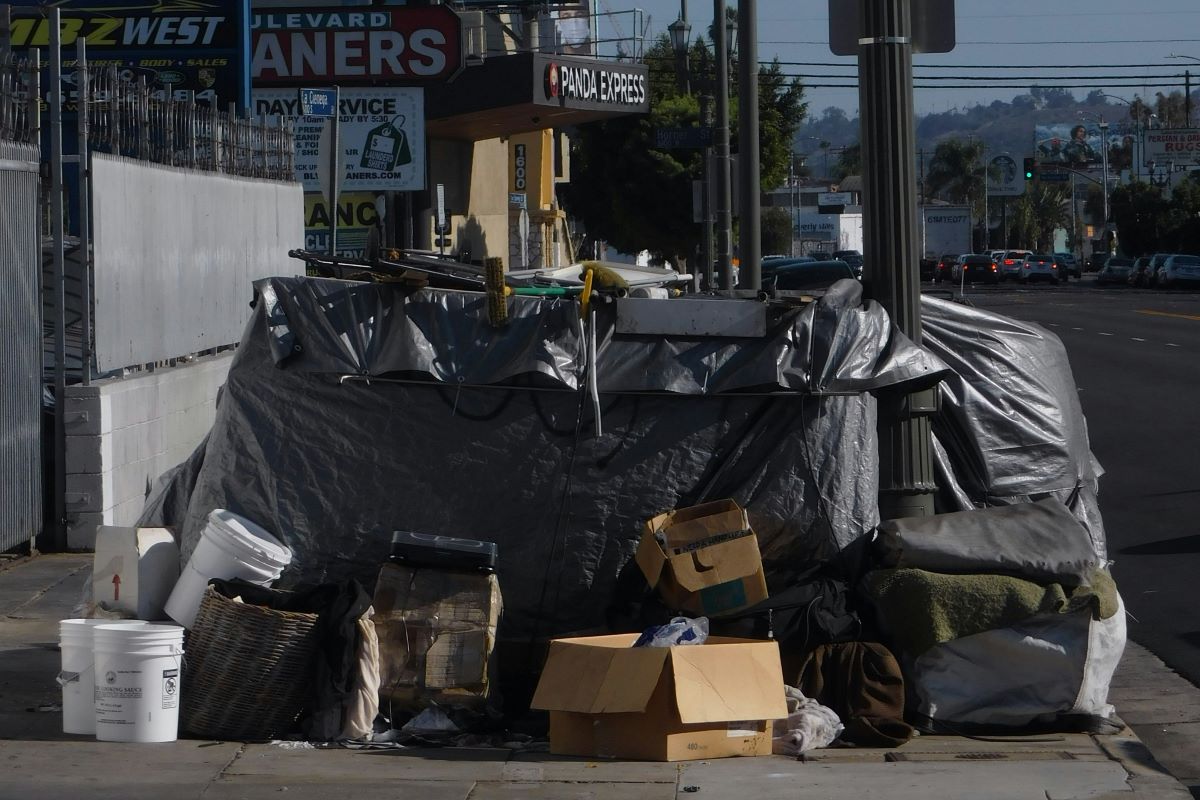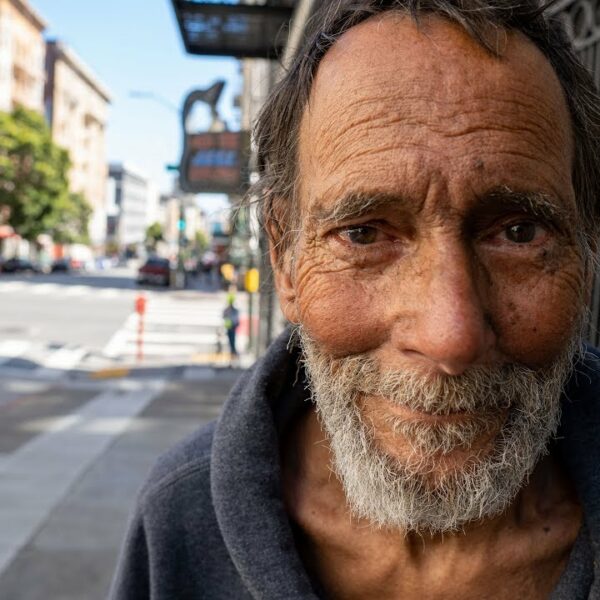One of the most nonsensical myths that persists around homelessness is the idea that people are only homeless because they choose to be. It’s an idea that doesn’t hold up to the slightest amount of scrutiny, common sense, or actual conversation with someone who is or has been homeless.
Nevertheless, it persists.
Every NIMBY out there seems to have a cousin’s brother’s dogwalker’s former roommate who knew someone who talked to someone who definitely told them that they were homeless by choice and loved it.
Stepping back into reality, homelessness in America is such a traumatizing, dehumanizing, and dangerous experience that virtually no one would choose it. People end up homeless when they’ve exhausted all their other options and have no choice left in the matter.
Systemic forces are causing this, not individual actions. Homelessness is a choice- and our politicians choose it for us daily.
Money Is Not the Issue
For many unhoused people, a one-time payment of 5 to 10 thousand dollars would have allowed them to keep their housing. While that sounds like a lot to the average person, it’s a fraction of a drop in the bucket in the context of the total US government budget, even multiplied by every family that would need it.
Providing housing for currently unhoused people is similarly affordable. If we do some quick, back-of-the-napkin math, the current nationwide average monthly rent price is $1,718. Multiply that by 12, and we come out with a cost of $20,616 per person per year, assuming they’re all single people, which we know they’re not.
Last year’s point-in-time count estimated that there were 652,100 unhoused people in America on the night of the count. That gives us a figure of 13,443,693,600. We’ll call it 13.5 billion.
For reference, the 2024 budget allocated to the Department of Defense alone is 842 billion dollars. And they are not pinching pennies. In fact, we could pay for the whole thing with less than the $19 billion admitted to be lost to “waste, fraud, and abuse” during a single war.
We Know Housing Is the Solution
The solution for homelessness is housing. It is as simple as that.
Some people want to try to convince you it’s a complex problem you probably can’t understand just so that you’ll stop thinking about it. But if everyone were housed, no one would be homeless! It’s not complicated.
Now, the logistics of providing each person with housing that is safe, secure, affordable, and adequately meets their unique needs do have a few pitfalls, many of which we’ve already fallen into.
It does not work to warehouse people in substandard temporary housing units and call it a day.
It does not work to shove disabled people into housing without accommodations for their unique needs. For this to work, we need to see each person as an individual or family with unique needs and have the time and space to collaborate with them to get those needs met.
Top-down, paternalistic “solutions” just cost everyone more in the long run. It’s time to collaborate.
We’re Just Not Doing It
Rampant levels of homelessness are a feature of our current capitalist system, not a bug. You are supposed to see people being forced to live in absolute squalor regularly so that you have a constant reminder that no matter how bad conditions get at your first, second, or third job, the consequences for falling behind on a housing payment even once will always be worse.
The balance seems to be tipping now that more and more people with full-time jobs (or more) are finding themselves unable to afford the constantly increasing housing costs. Housing instability is working its way up the class scale as rental rates, and home prices outpace wages for almost everyone.
The tacit agreement was supposed to be that if you worked enough hours and didn’t complain too much, your employer would pay you enough money to avoid a life of utter poverty and homelessness for yourself and your family.
Now, as always, corporations are reneging on their end of the bargain. It’s getting to the point where there aren’t enough hours in the day to work for the wages they provide and still afford the essentials.
The limitless greed of corporations has brought us to this point. CEOs everywhere seem to have once again forgotten that they need people working for them to make the money they love so much.
The threat of homelessness was a convenient tool to keep people from walking away from their terrible jobs for fear of ending up on the street without their meager wages. But it doesn’t work as well when people can’t afford to meet their basic needs with or without a job.
But We Still Could Solve Homelessness
Countries less beholden to corporate interests in their politics have made great strides in reducing homelessness through policy choices and effective government spending.
Finland, for example, has all but eliminated homelessness by reducing barriers to securing affordable housing, offering extensive wraparound services, and refusing to become culturally desensitized to the realities of homelessness.
In the United States, we’re facing an uphill battle unwinding decades of deliberate dehumanization done to homeless people writ large, but Finnish culture largely avoided that trap. There, unhoused people are recognized for what they are- full people who are in a difficult situation.
Here, a lot of propaganda is produced to try and turn us against our homeless neighbors and see them as something other than fully human. We’re long overdue for a cultural rehumanization of our unhoused neighbors. Once we can complete that step, the other steps to solving homelessness will become so much easier.













